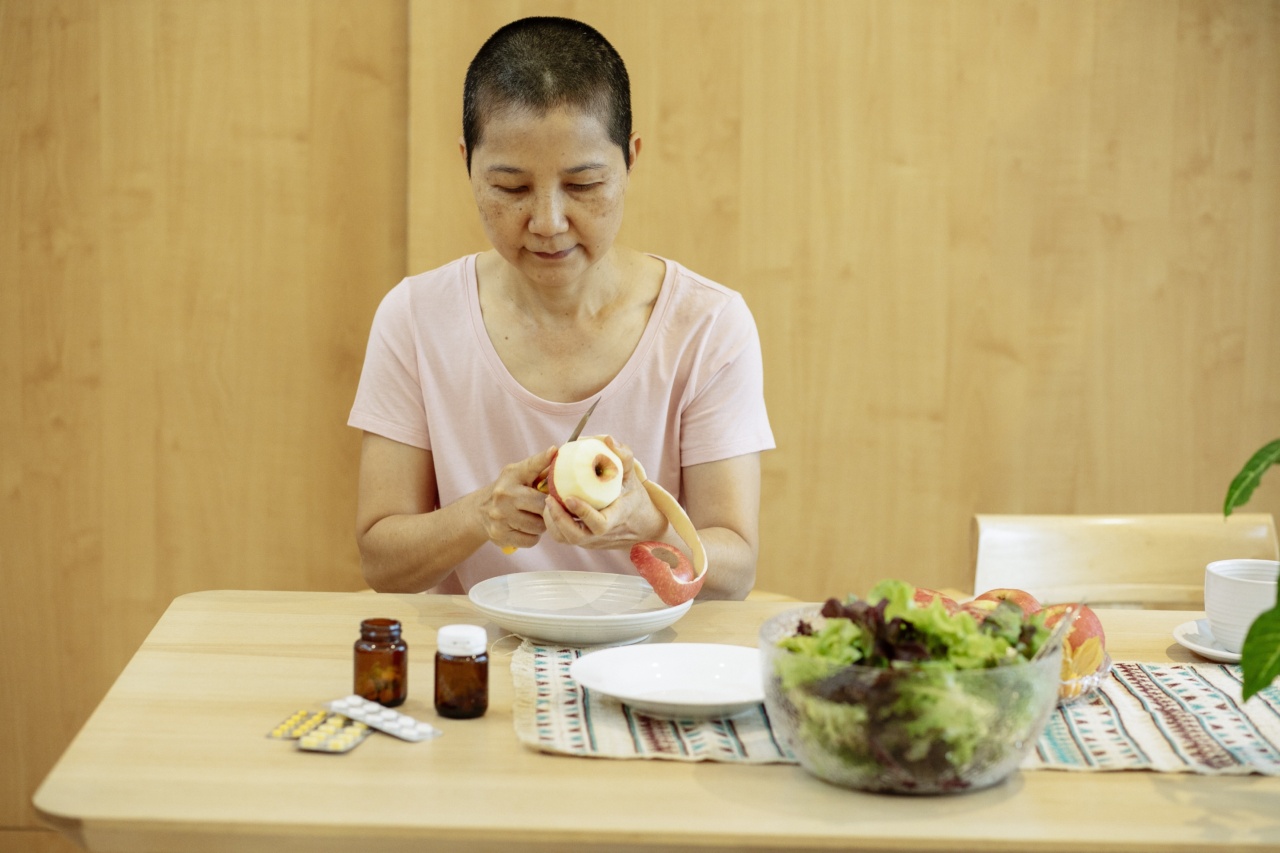Cancer is a complicated illness that can be treated using a variety of strategies. Besides conventional treatments like chemotherapy, radiation, and surgery, patients with cancer can use a more holistic approach incorporating nutrition.
Evidence suggests that nutrition can help cancer patients manage side effects of treatment, support healing, and combat the disease itself. This article will examine the role of nutrition in cancer treatment.
The Basics of Nutrition for Cancer Patients
The type of nutrition that cancer patients need depends on a variety of things including stage of the cancer, type of treatment, and other medical considerations.
However, some basic principles can provide a good starting point when considering what to eat when undergoing cancer treatment.
Principles of a Cancer Nutrition Plan
- Eat Plenty of Fruits and Vegetables
- Choose Whole Grains over Refined Grains
- Avoid Processed Foods
- Limit Dairy Products
- Avoid Red and Processed Meats
- Choose Lean Protein
- Avoid Sugary Beverages
- Drink Plenty of Water and Other Hydrating Beverages
- Limit Alcohol Consumption
- Choose Healthy Fats
If you’re unsure about how to develop a nutrition plan that works for you, consult a registered dietician with expertise in cancer treatment and recovery. They can provide personalized guidance based on your specific needs.
Nutrition to Manage Side Effects of Treatment
Cancer treatment can have side effects like nausea, vomiting, diarrhea, and weight loss. Eating a nutritious diet can help manage these side effects and aid in healing.
Managing Nausea and Vomiting
Drink liquids frequently, but in small amounts instead. Go for water-based drinks like broth, sports drinks, clear juices, and herbal teas. Also, taking a small sip of cold water throughout the day can help alleviate nausea.
Avoid greasy, spicy, and sweet foods, as well as foods with strong scents or smells.
Managing Diarrhea
Foods like bananas, plain toast, and applesauce can stop or lessen symptoms of diarrhea. Other tips include avoiding high-fat foods, consuming low-fiber items and avoiding intestinal irritants like alcohol and caffeine.
Make sure to drink plenty of fluids to replace lost fluids.
Managing Weight Loss
Weight loss is a common side-effect of cancer treatment and can cause fatigue, weakness, and a suppressed immune system.
Minimizing added sugars and saturated fats while eating whole foods with proper calorie counts and nutrient values can help maintain weight. Eating small and frequent meals throughout the day can also help keep up weight.
Nutrition to Combat Cancer Cells
Incorporating certain foods and nutrients into the diet can help combat the growth of cancerous cells.
Antioxidants
Antioxidants are substances in food that help protect cells from damage caused by free radicals that cause cancer.
Foods rich in antioxidants include blueberries, goji berries, pecans, red kidney beans, artichoke hearts, multicolored potatoes, beets, and dark green leafy vegetables.
Carotenoids
Carotenoids are important nutrients that can help prevent cancer by protecting cells from damage by free radicals. Foods rich in carotenoids include carrots, kales, sweet potatoes, cantaloupe, and winter squash.
Glucosinolates
Glucosinolates are a type of phytochemical found in cruciferous vegetables like cabbage, cauliflower and broccoli. They contain cancer suppressive properties and are believed to stop the growth of tumors.
Fiber
Diets high in fiber can help remove excess estrogen and toxic waste from the body. This can, in turn, reduce the risk of breast and colon cancer. Foods rich in fiber include whole grains, beans, lentils, nuts, seeds, fruits, and vegetables.
Polyphenols
Polyphenols are plant-based nutrients with a variety of health benefits, including cancer prevention. Foods rich in polyphenols include berries, pomegranates, green tea, olive oil, and dark chocolate.



























